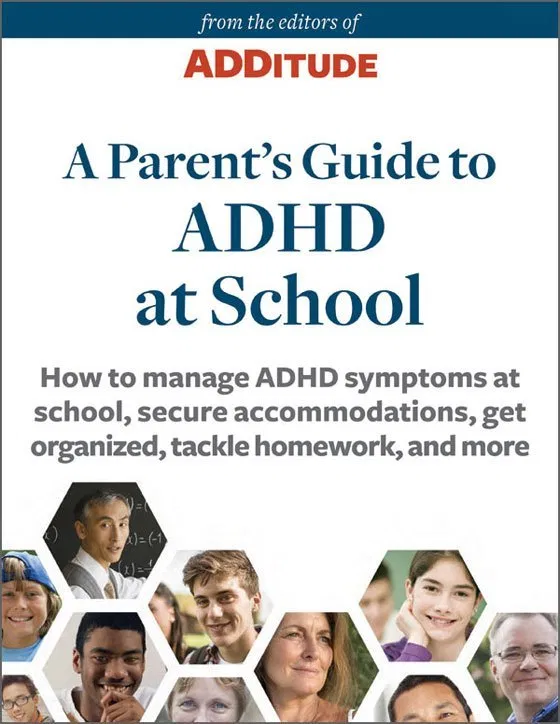3 Defining Features of ADHD That Everyone Overlooks
 The textbook symptoms of ADD — inattention, hyperactivity, and impulsivity — fail to reflect several of its most powerful characteristics; the ones that shape your perceptions, emotions, and motivation. In this article from the ADDitude magazine website, Dr. William Dodson explains ADHD’s true defining features.
The textbook symptoms of ADD — inattention, hyperactivity, and impulsivity — fail to reflect several of its most powerful characteristics; the ones that shape your perceptions, emotions, and motivation. In this article from the ADDitude magazine website, Dr. William Dodson explains ADHD’s true defining features.
Most people, clinicians included, have only a vague understanding of what ADHD means. They assume it equates to hyperactivity and poor focus, mostly in children. They are wrong.
When we step back and ask, “What does everyone with ADHD have in common, that people without ADHD don’t experience?” a different set of symptoms take shape.
From this perspective, three defining features of ADHD emerge that explain every aspect of the condition:
- an interest-based nervous system
- emotional hyperarousal
- rejection sensitivity
What is an interest-based nervous system?
Despite its name, ADHD doesn’t actually cause a deficit of attention. It actually causes inconsistent attention that is only activated under certain circumstances.
People with ADHD often say they “get in the zone” or “hit a groove.” These are all ways of describing a state of hyperfocus – intense concentration on a particular task, during which the individual feels she can accomplish anything.
This state is not activated by a teacher’s assignment, or a boss’s request. It is only created by a momentary sense of interest, competition, novelty, or urgency created by a do-or-die deadline.
The ADHD nervous system is interest-based, rather than importance- or priority-based.
What is emotional hyperarousal?
Most people expect ADHD to create visible hyperactivity. This only occurs in 25% of children and 5% of adults. The rest experience an internal feeling of hyperarousal.
People with ADHD have passionate thoughts and emotions that are more intense than those of the average person. Their highs are higher and their lows are lower. This means you may experience both happiness and criticism more powerfully than your peers and loved ones do.
Children with ADHD know they are “different,” which is rarely experienced as a good thing. They may develop low self-esteem because they realize they fail to get engaged and finish what they start, and because children make no distinction between what you do and who you are. Shame can become a dominant emotion into adulthood as harsh internal dialogues, or criticism from others, becomes ingrained.
What is rejection sensitivity?
Rejection sensitive dysphoria (RSD) is an intense vulnerability to the perception – not necessarily the reality – of being rejected, teased, or criticized by important people in your life. RSD causes extreme emotional pain that may also be triggered by a sense of failure, or falling short – failing to meet either your own high standards or others’ expectations.
It is a primitive reaction that people with ADHD often struggle to describe. They say, “I can’t find the words to tell you what it feels like, but I can hardly stand it.” Often, people experience RSD as physical pain, like they’ve been stabbed or struck right in the center of their chest.
Often, this intense emotional reaction is hidden from other people. People experiencing it don’t want to talk about it because of the shame they feel over their lack of control, or because they don’t want people to know about this intense vulnerability.
Excerpted from “3 Defining Features of ADHD That Everyone Overlooks” in the ADDitude magazine. Read the full article to learn how to recognize and manage these three defining symptoms.
Source: ADDitude | 3 Defining Features of ADHD That Everyone Overlooks, https://www.additudemag.com/symptoms-of-add-hyperarousal-rejection-sensitivity | Copyright © 1998 – 2018 New Hope Media LLC
Care Coordinators can arrange a free 30 minute Care Consultation so you can explore options with an expert. We invite you to call or email our Care Coordinators at 650.688.3625 or careteam@chconline.org to set up an initial Parent Consultation appointment.





